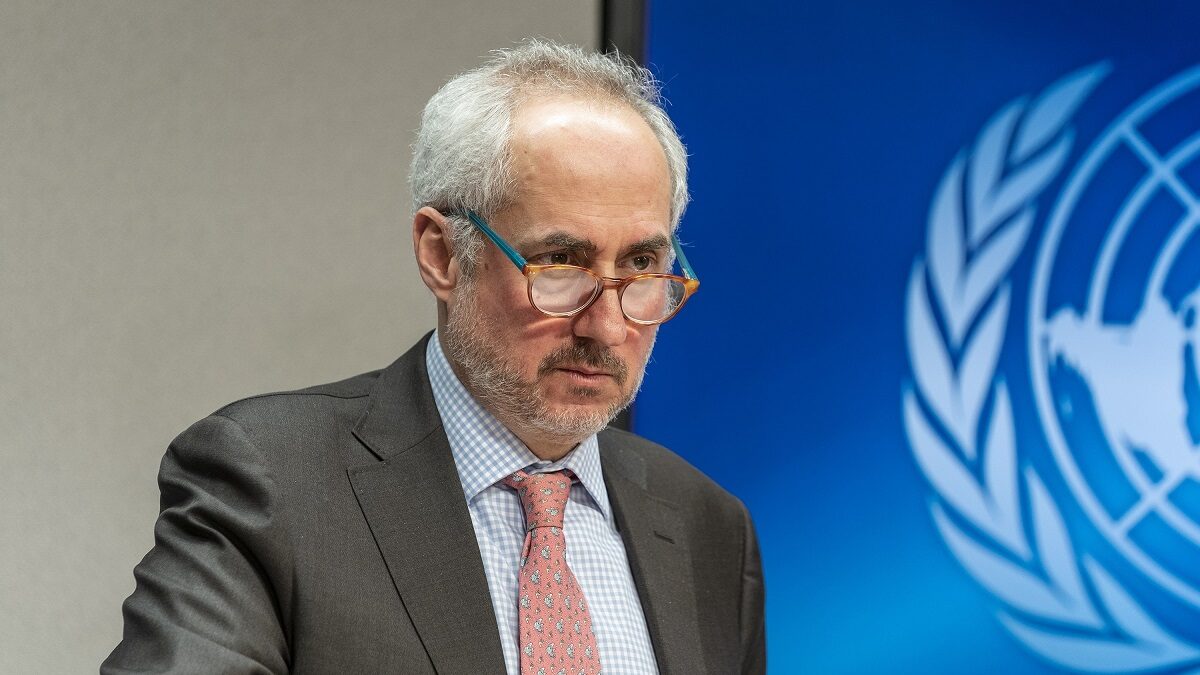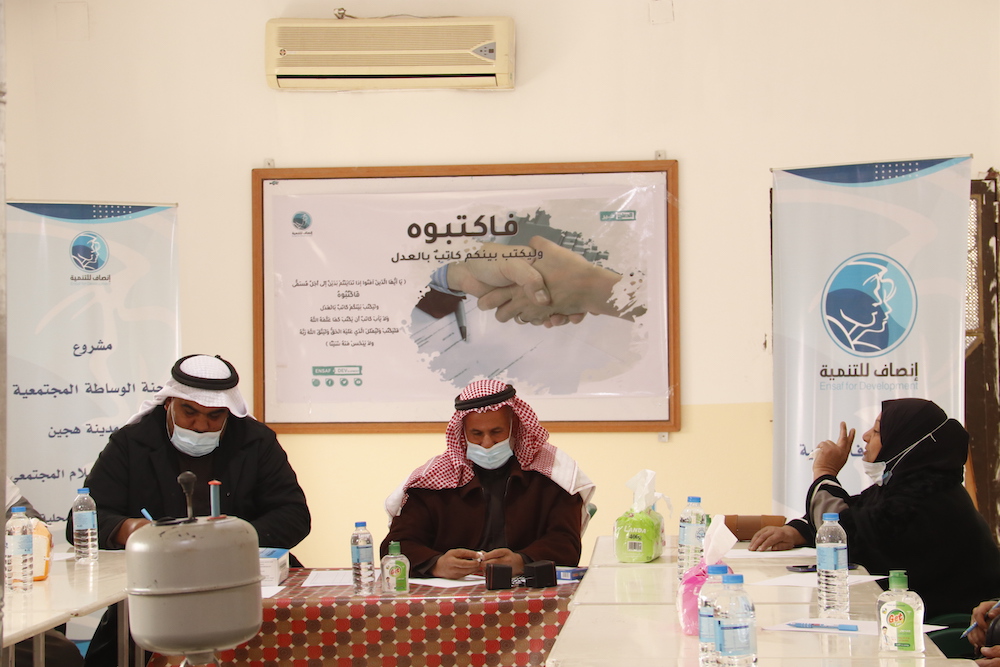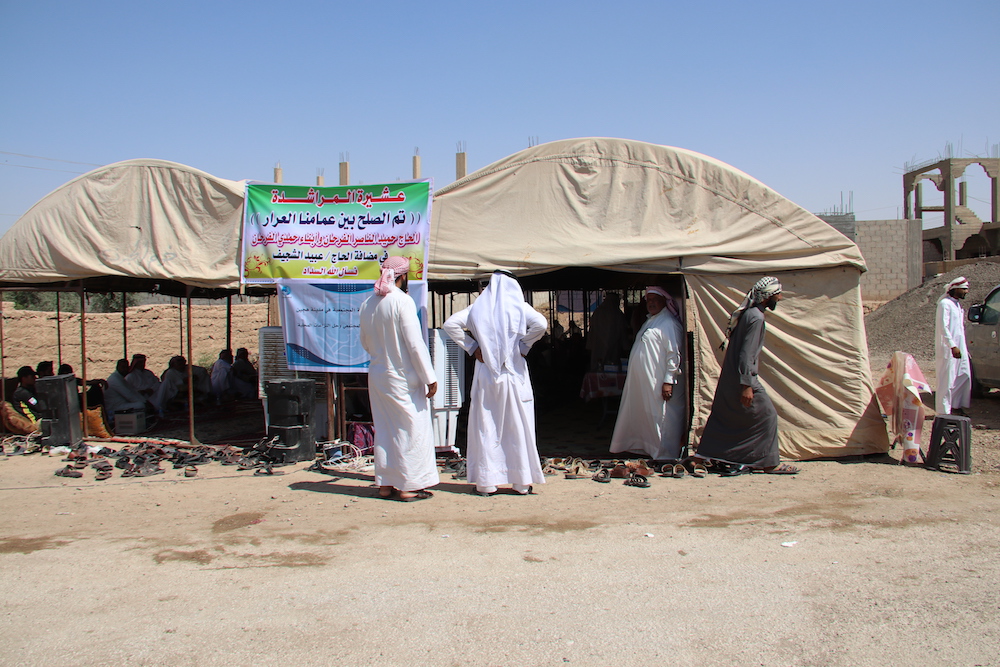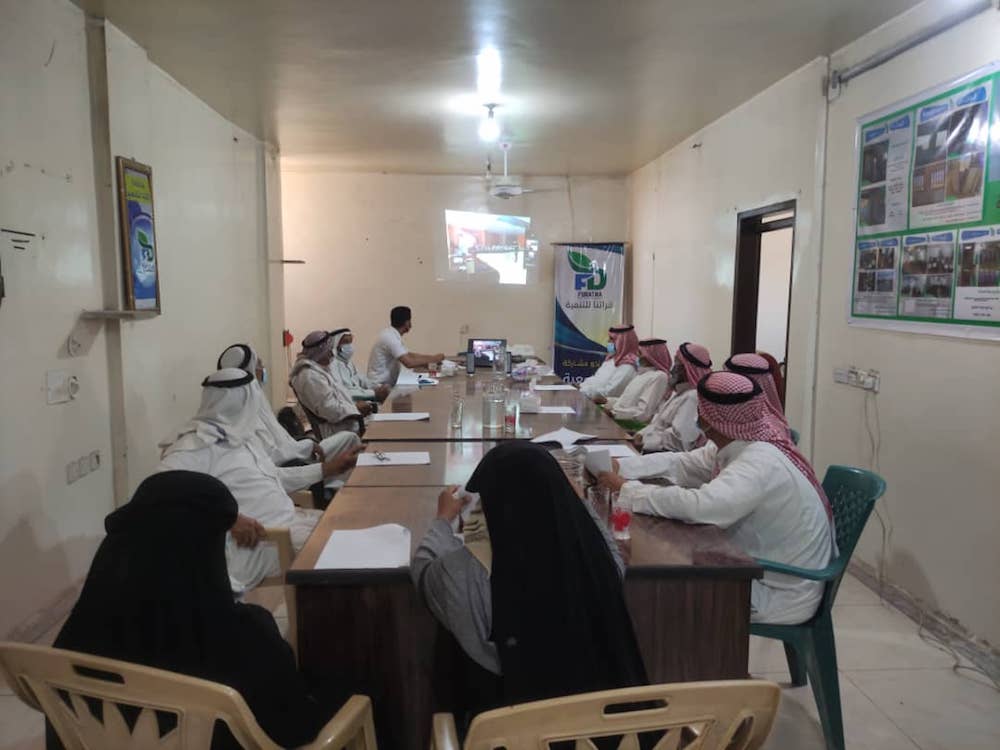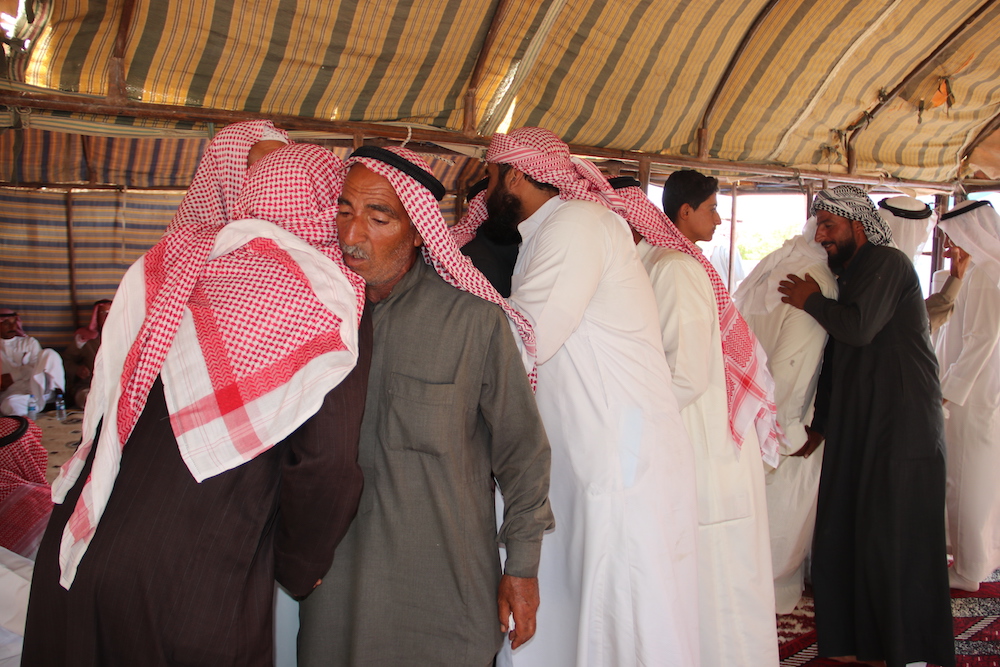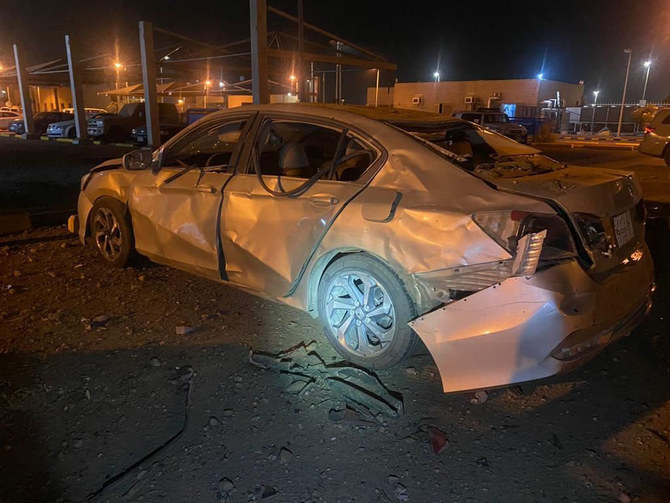BEIRUT: The years of war in Syria has left an indelible mark on the countryside of Deir Ezzor governorate with significant economic, social and security effects, including the widespread destruction of infrastructure, the absence of effective policing and the emergence of extremist groups.
The Syrian Democratic Forces formed by Kurdish units, and the Syrian regime’s forces share control of the governorate.
The largest part of the province remained under the control of Daesh for years. This was until the regime’s forces and Iranian militias took control of the area south of the Euphrates River in late 2017, while the SDF asserted its authority in the area north of the river in early 2019.
After the fighting stopped and the security situation improved, the local residents in the area sought to restore community relations, but were hampered by the absence of courts. This situation was further exacerbated by the withdrawal of the Syrian authorities from this area, resulting in various local groups vying for control.
Since 2021, a number of activists and social actors, in cooperation with five civil society associations and organizations, namely Dirna, Furatna, Sama, Mary and Ensaf, have called for the formation of community mediation committees to resolve legal and other disputes, and to break the cycle of violence in the conflict-ridden society.
These committees were formed with a number of local dignitaries, jurists, and educated people of good social standing. There was also a significant presence of women activists who worked on resolving issues related to females.
Mohammed Awad Al-Mohammed, chairman of the board of directors of the Ensaf Development Organization, and who is responsible for the body’s peace-building projects, told Arab News: “The war has resulted in countless problems of displacement and siege, causing a change in people’s behavior and lives, especially during Daesh’s 3-year control of the region.”
He said this led to a breakdown in social cohesion, with disputes arising over lost property documents, identity cards, and others related to debts and loans.
Al-Mohammed stressed: “People want stability, but in the absence of courts, disputes arose, and some sought to settle old disputes. So the idea of forming mediation committees emerged. The committees include influential and respected clan figures who intervened to resolve disputes at the request of one of the parties … based on Islamic law and clan custom.”
The community mediation committees have resolved many issues, including clan disputes, revenge or murder, and others related to divorce, marriage, and inheritance. They have also contributed to solving economic problems, such as distributing aid to families, and regulating the provision of electricity, water and bread.
These committees also resolved personal disputes resulting from traffic accidents and extortion through social media.
It is estimated that the work of these committees has benefited directly or indirectly nearly 500,000 people residing in the villages and towns of Deir Ezzor.
These bodies have relied on their members’ experience and knowledge. Al-Mohammed, who is a lawyer, said the resolution of disputes is accompanied by awareness-raising efforts which have included supporting women’s Islamic inheritance rights, in the face of the “greed” of some men.
“Because the women who lived through the war were in need, they began to demand their rights, something they did not do before the war.”
Al-Mohammed said there have been particular difficulties from people still holding onto their arms. “Even traffic accidents may be exploited by armed men. The fragility of the security situation leads to new conflicts or revives old problems.”
He indicated that at the onset people were ashamed or hesitated to approach mediation committees because they were accustomed to going through the courts. “There were 50 courts in Deir Ezzor, now there is one court, which is more than 110 kilometers away, (this is) in addition to (the) high costs and the bureaucracy of the courts. We shortened the distance and the time through (these) social justice (bodies) because it gives immediate results, and we have been able to solve individual problems that are over 15 years old.”
In promoting and providing continuity to the efforts of the committees, a group of activists, in cooperation with the Dirna, Furatna, Samah, Mary, and Ensaf organizations, launched the “Peace Is Good” campaign.
The campaign coordinator, Ayman Allaw, told Arab News: “The campaign is about five months old, and we are working in a tribal and clan area where problems abound. The idea of Peace Is Good did not exist in this area. It was the force of arms that deterred people, and in the absence of the government, ignorance prevailed and the strong killed the weak. Therefore, the idea of Peace Is Good was welcomed by the clergy, jurists, and reputable clansmen.”
Allaw said the area in which they work was controlled during the war by the Free Syrian Army militias, then Jabhat Al-Nusra, then Daesh, followed by the Syrian regime and now the SDF. He said people were psychologically traumatized by the war. Some “individuals exploited the war to gain power and influence” which led people to seek refuge in the mediation committees because they included respected community leaders, he added.
The mediation committees appear determined not to politicize their work, and have called on aid groups and wealthy individuals to provide assistance. Allaw said the committees should operate widely, but added that Deir Ezzor may face the most difficulties because of the lack of educated people to work with the clans.
Al-Mohammed added that the mediation committees have contributed to promoting peace through conflict resolution and he hoped this could become part of the society’s culture.

